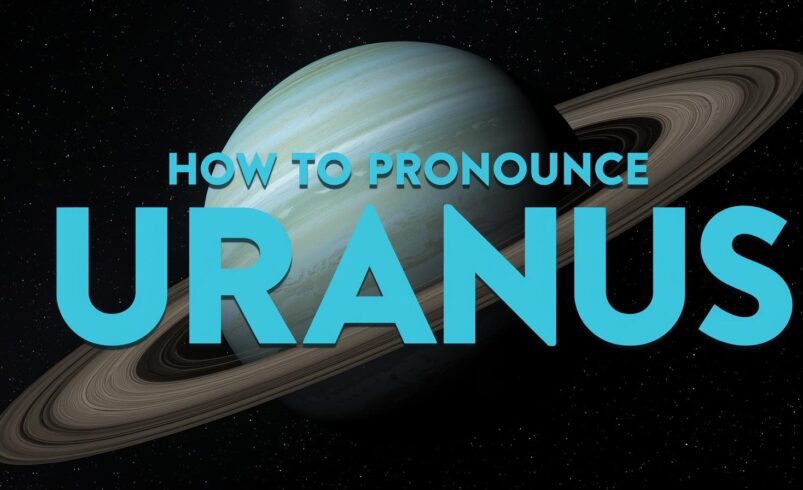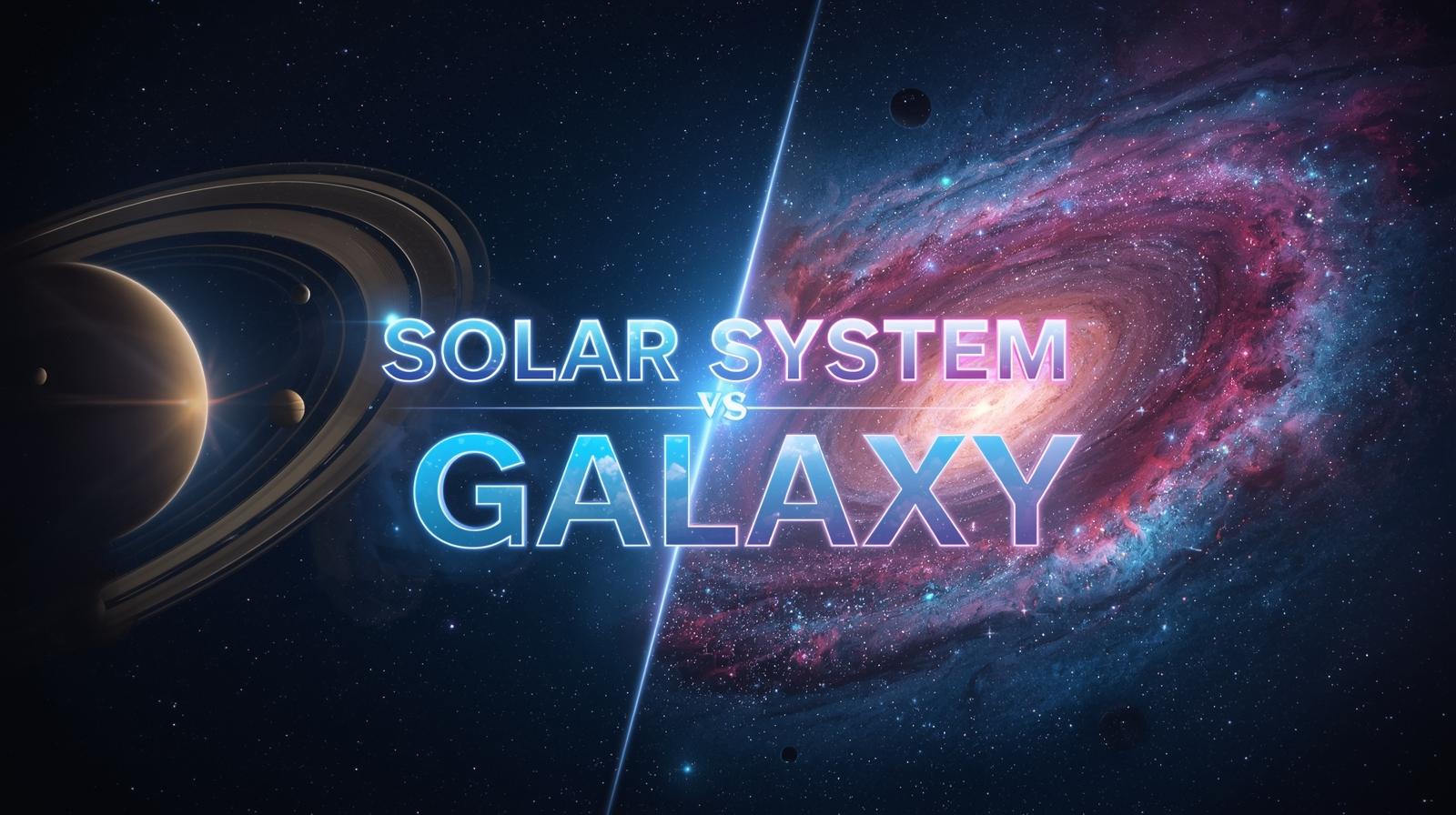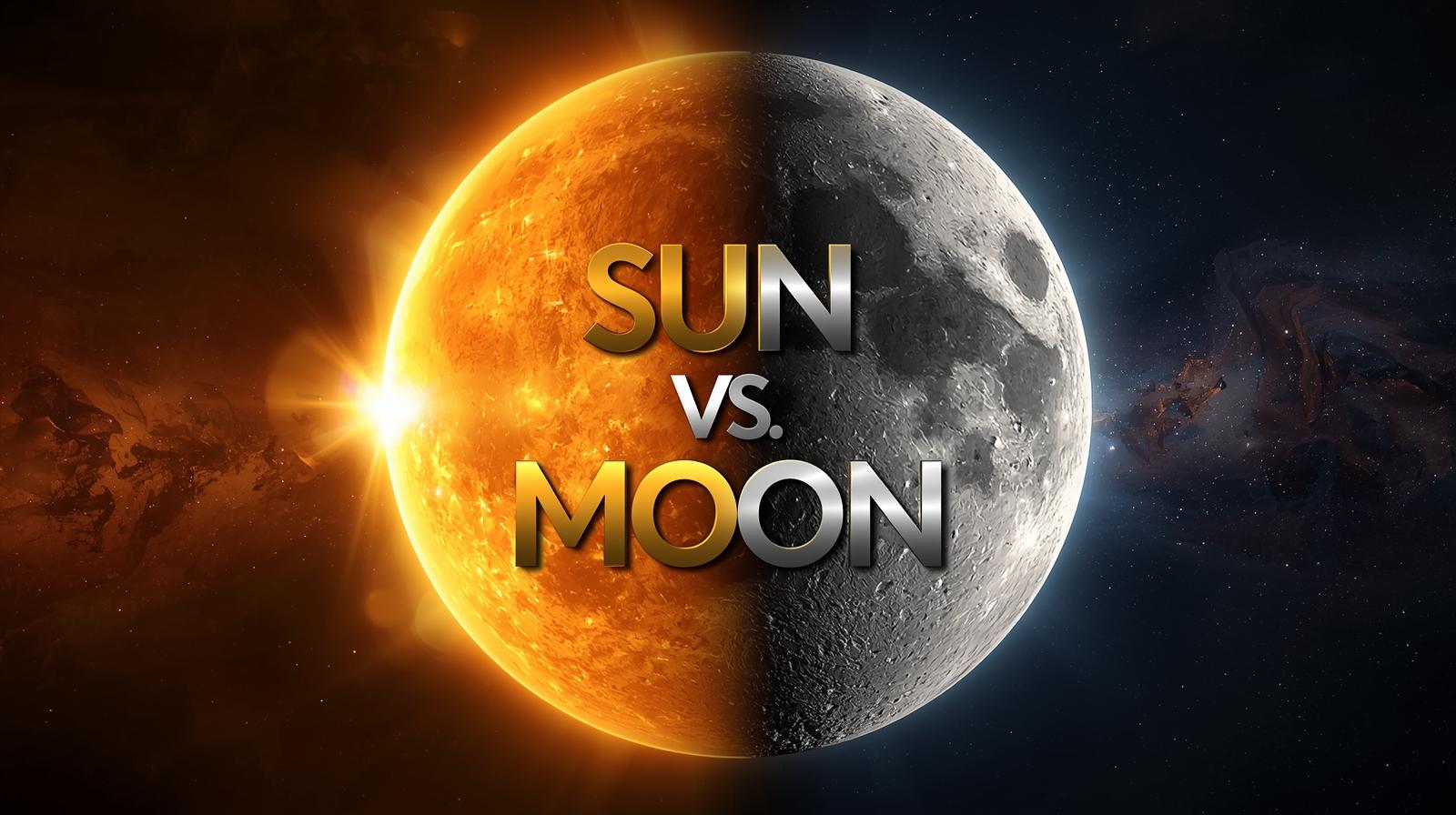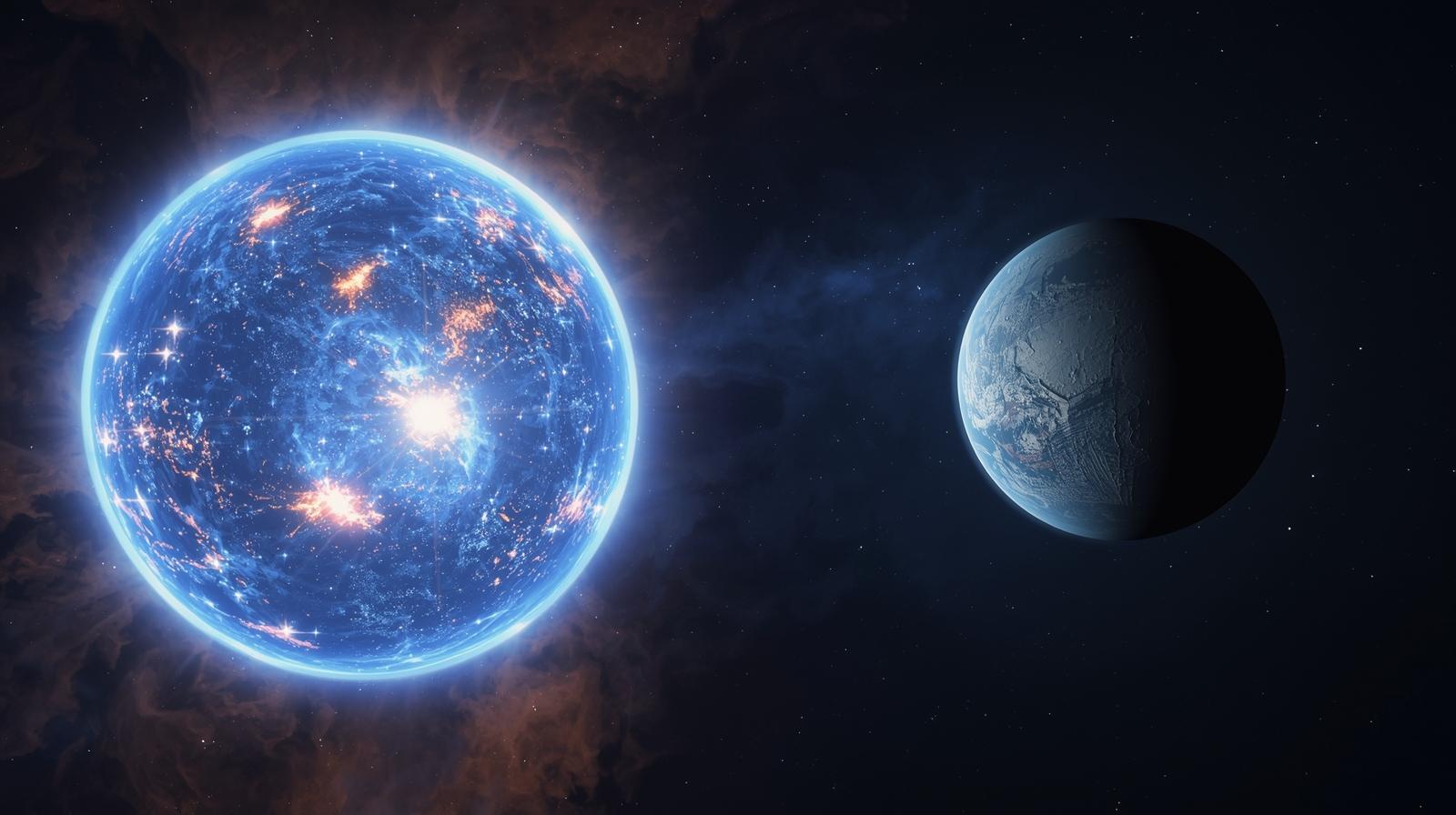For decades, the seventh planet in our solar system has been the source of giggles in classrooms worldwide. But how do you actually pronounce Uranus? If you’ve ever hesitated before saying the planet’s name out loud, you’re not alone. The pronunciation debate has puzzled students, teachers, and even professional astronomers for generations.
I remember my first astronomy class in middle school when our teacher awkwardly avoided saying the planet’s name entirely, referring to it only as “the seventh planet.” That moment sparked my curiosity about why such a fascinating celestial body carried such an uncomfortable name. Today, I’m going to settle this pronunciation debate once and for all.


Why Knowing How to Pronounce Uranus Matters
Understanding how to pronounce the planet Uranus correctly isn’t just about avoiding embarrassment. It reflects a deeper respect for astronomical nomenclature and scientific communication. Astronomers prefer the pronunciation “YOOR-ə-nəs” with stress on the first syllable, which differs significantly from the common mispronunciation that causes schoolchildren to snicker.
The way we say scientific terms shapes how seriously we engage with science education. When educators confidently use the correct pronunciation, students focus on the planet’s remarkable features rather than juvenile humor.
The Astronomer-Approved Way: How to Pronounce Uranus
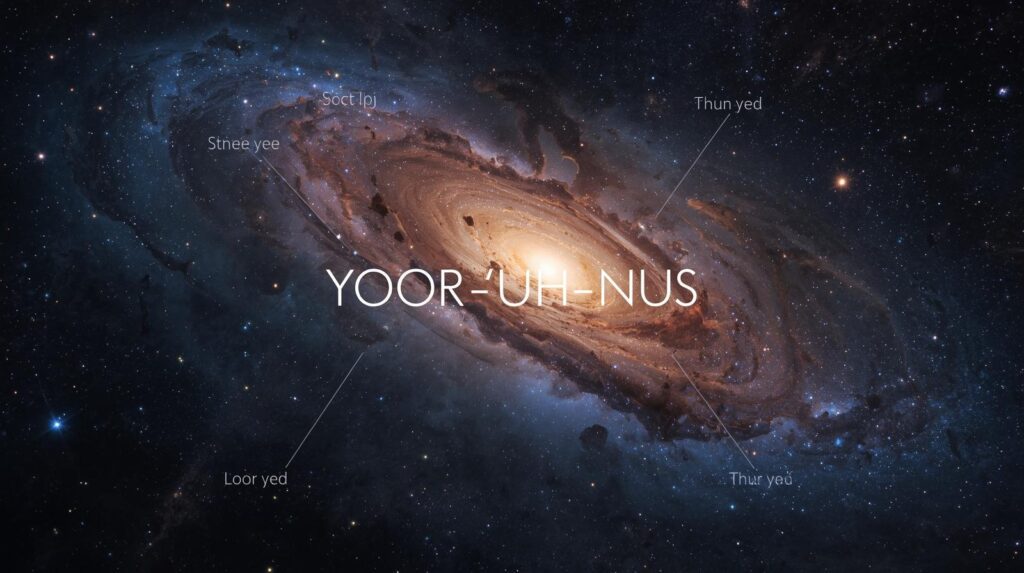

The standard pronunciation among astronomers places emphasis on the first syllable “ur” followed by “unus”. This creates the sound “YOOR-uh-nus” (IPA: /ˈjʊərənəs/), which closely follows Latin pronunciation conventions.
Here’s the breakdown:
- First syllable: “YOOR” (like “your” but slightly longer)
- Second syllable: “uh” (unstressed, soft sound)
- Third syllable: “nus” (soft ending)
This is the preferred method when discussing how to pronounce Uranus in professional astronomical contexts. The emphasis on the first syllable makes all the difference.
Common Mispronunciations vs Correct Way
Many people wonder how to pronounce the planet Uranus without sounding awkward. Let’s compare the pronunciations:
| Pronunciation Style | Phonetic | Usage | Acceptability |
|---|---|---|---|
| Astronomer’s Choice | YOOR-uh-nus | Professional settings | Preferred ✓ |
| Common Alternative | yoo-RAY-nus | General public | Acceptable |
| Schoolyard Version | “your-anus” | Informal/jokes | Avoid |
Both “YOOR-ə-nəs” and “yoo-RAY-nəs” are technically accepted pronunciations, though the scientific community strongly prefers the first option when teaching how to pronounce Uranus correctly.
The Historical Context Behind the Name
The planet was discovered in 1781 by astronomer William Herschel, who initially wanted to name it after King George III. Thankfully, the astronomical community chose “Uranus” instead, honoring the Greek god of the sky. Understanding this history helps us appreciate why learning how to pronounce Uranus properly connects us to centuries of astronomical tradition.
The Greek origin “Ouranos” (Οὐρανός) meant “heaven” or “sky.” When Latinized, it became “Uranus,” which should naturally be pronounced with emphasis on the first syllable, following Latin stress patterns.
Why Most People Struggle With This Pronunciation
Learning how to pronounce Uranus challenges many English speakers because our language doesn’t follow consistent pronunciation rules. English speakers naturally want to emphasize the second syllable, making it sound like “yoo-RAY-nus,” which unfortunately creates that awkward association.
Pop culture hasn’t helped either. Countless TV shows, movies, and comedy sketches have perpetuated the incorrect pronunciation for comedic effect. This cultural conditioning makes it harder for educators to teach students how to pronounce Uranus the way scientists intended.
What Professional Astronomers Say
Uranus is an ice giant surrounded by 13 faint rings and 28 small moons, rotating at a nearly 90-degree angle. When professional astronomers discuss these fascinating features, they consistently use the “YOOR-uh-nus” pronunciation.
In scientific conferences, documentaries, and educational materials from NASA, you’ll consistently hear experts using the astronomer-approved method. This standardization ensures clear communication across the global scientific community.
Teaching Children How to Pronounce Uranus
As a parent or educator, teaching children how to pronounce the planet Uranus correctly sets them up for confident scientific discussions. Here’s my approach:
- Start with the facts: Explain that Uranus is named after a Greek god
- Practice together: Say “YOOR-uh-nus” several times slowly
- Use context: Always mention it alongside other planets
- Stay confident: Your comfort level influences theirs
- Acknowledge the elephant: Brief acknowledgment that some people mispronounce it, then move on
When I taught my nephew about planets, we made a game of pronouncing each one correctly. By treating how to pronounce Uranus as just another planetary name, he never developed the self-consciousness that many children experience.
Amazing Facts About Uranus (The Planet)
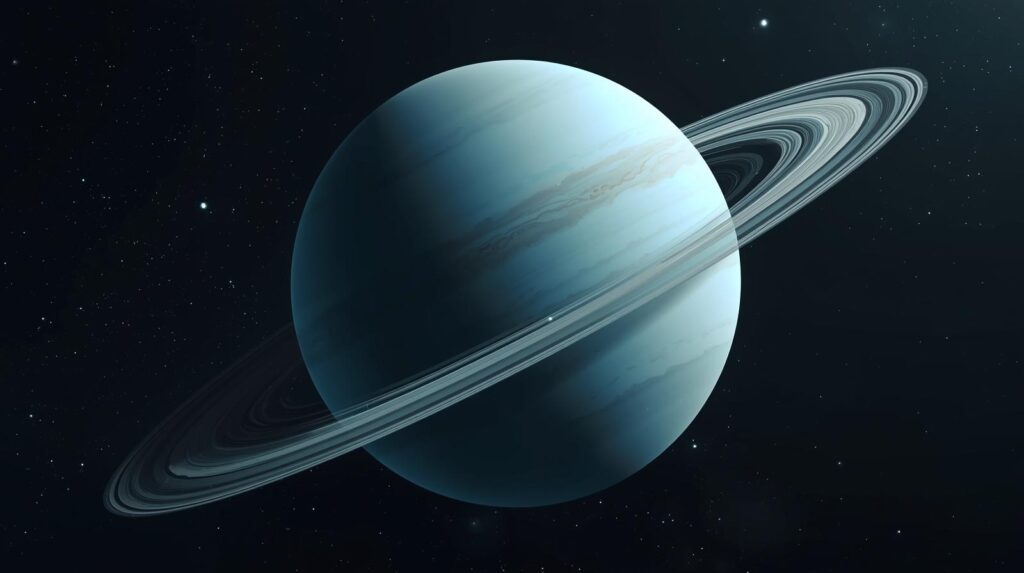

Once you’ve mastered how to pronounce Uranus, you can confidently share these incredible facts:
Uranus is the seventh planet from the Sun and the third largest planet in our solar system, appearing to spin sideways. This unique sideways rotation means that Uranus essentially rolls around the Sun like a marble, with each pole experiencing 42 years of continuous sunlight followed by 42 years of darkness.
The planet’s atmosphere contains methane, which absorbs red light and gives Uranus its distinctive blue-green color. The temperature drops to -224°C (-371°F), making it one of the coldest planetary atmospheres in our solar system.
The Scientific Community’s Pronunciation Consensus
Major scientific institutions have established clear guidelines on how to pronounce Uranus. The International Astronomical Union, NASA, and leading planetariums worldwide consistently use the “YOOR-uh-nus” pronunciation in their official communications and educational materials.
This consistency matters because it:
- Maintains professional standards
- Reduces confusion in scientific literature
- Helps students take astronomy seriously
- Preserves the classical Latin heritage
For those wondering how to pronounce the planet Uranus in academic papers or presentations, following this standard ensures credibility and professionalism.
Regional Variations and Acceptable Alternatives
While discussing how to pronounce Uranus, it’s worth noting that slight regional variations exist. British English speakers may lean slightly more toward “YOOR-uh-nus,” while some American speakers use “YOOR-uh-nuss” with a harder final consonant.
The key principle remains constant: stress the first syllable. Whether you’re in London, New York, or Tokyo, this fundamental rule helps you pronounce Uranus respectfully and accurately.
Using Uranus in Everyday Conversation
Once you know how to pronounce the planet Uranus correctly, you can confidently incorporate it into conversations about space exploration, astrology, or science education. Visit alldandy for more general information about engaging science topics.
Practice saying: “Did you know that Uranus has the coldest planetary atmosphere in our solar system?” The more naturally you use the correct pronunciation, the more comfortable you’ll become.
Why This Pronunciation Matters for Science Education
Getting students excited about space requires removing barriers to engagement. When young learners know how to pronounce Uranus confidently, they’re more likely to participate in astronomy discussions, ask questions, and pursue STEM careers.
Science educators report that classroom dynamics improve dramatically when teachers address the pronunciation issue directly at the start of planetary lessons. By demonstrating confidence in how to pronounce Uranus, instructors signal that scientific terminology deserves respect.
The Future of Uranus Exploration
NASA’s recent studies reveal that Uranus continues to fascinate scientists with its mysterious magnetic field and unique atmospheric composition. As we plan future missions to this distant ice giant, correctly discussing how to pronounce Uranus will become increasingly important in public science communication.
Proposed missions for the 2030s may finally give us detailed insights into this enigmatic world. When those discoveries make headlines, millions of people will be talking about Uranus – let’s make sure they’re pronouncing it correctly.
Conclusion: Mastering the Pronunciation
Learning how to pronounce the planet Uranus doesn’t require an astronomy degree – just a willingness to follow scientific convention. Remember: stress the first syllable, say “YOOR-uh-nus,” and speak with confidence. This simple adjustment transforms an awkward moment into an opportunity for scientific literacy.
The next time someone asks you about the seventh planet, you’ll know exactly how to pronounce Uranus like the astronomers do. Your confident pronunciation might even inspire others to take astronomy more seriously.
Frequently Asked Questions
Q: What is the correct way to pronounce Uranus according to astronomers?
A: Astronomers pronounce it “YOOR-uh-nus” with emphasis on the first syllable, following Latin pronunciation conventions and avoiding the awkward alternative pronunciation.
Q: Why do so many people mispronounce Uranus?
A: English speakers naturally emphasize the second syllable, creating an unfortunate association. Pop culture and comedy have reinforced this mispronunciation over decades, making the correct version less familiar.
Q: Are there multiple acceptable ways to pronounce Uranus?
A: While “YOOR-uh-nus” is strongly preferred in scientific contexts, “yoo-RAY-nus” is technically acceptable. However, the former avoids awkwardness and follows astronomical standards.
Q: How can I help my students learn to pronounce Uranus correctly?
A: Address it directly and confidently from the start, practice the correct pronunciation together, and maintain a matter-of-fact tone. Your comfort level sets the classroom standard.
Q: Does the pronunciation of Uranus affect how seriously people take astronomy?
A: Absolutely. When educators and media use the correct scientific pronunciation, it reinforces that astronomy deserves respect and serious engagement. Have you noticed how your own pronunciation affects conversations about space?






